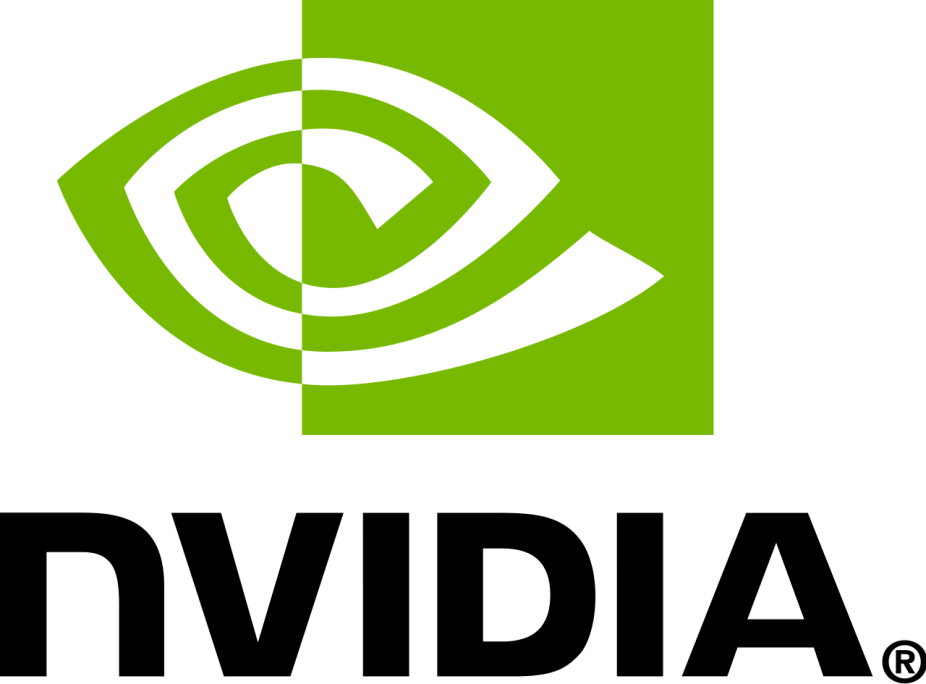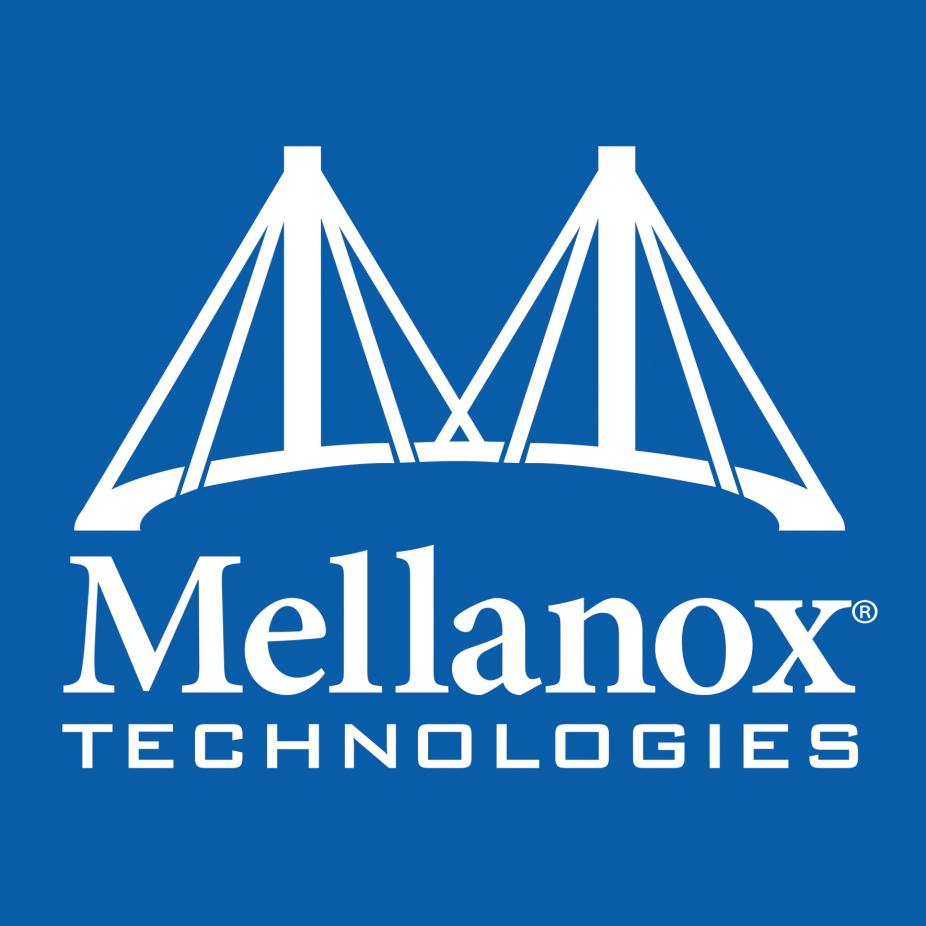2018 MultiCore 8 Workshop
8:00 am – 5:15 pm MDT
Introduction
The purpose of this workshop is to provide a forum for open discussion to better understand the application of new high performance computing technologies for the next generation of weather, climate, and earth-system models. The new generation of high performance computer architectures has diverse heterogeneous architectures and they present significant challenges to the community working on these models.
Workshop Goals
The workshop primary goals are:
- Provide a forum to present experiences and lessons learned from development of weather and climate models on these platforms.
- Create a community of developers to collect and enunciate requirements for next-generation HPC programming models, tools, systems, and hardware.
- Exchange information and ideas on topics including:
- Techniques for programming, performance analysis and optimization and I/O strategies on these platforms.
- Issues surrounding the scalability of these codes on future platforms.
- Advancements in machine and deep learning techniques for modeling, data analysis and assimilation.
- Entrain student and early career computational scientists into HPC for earth system applications.
Also please note: CI 2018, The 8th International Workshop on Climate Informatics, will be held at NCAR later the same week, on September 20th and 21st. More information is available on the CI 2018 website: https://www2.cisl.ucar.edu/events/workshops/climate-informatics/2018/home
Keynote Speakers
Reflecting on the goal and baseline for exascale computing in weather and climate modelling - Thomas Schulthess
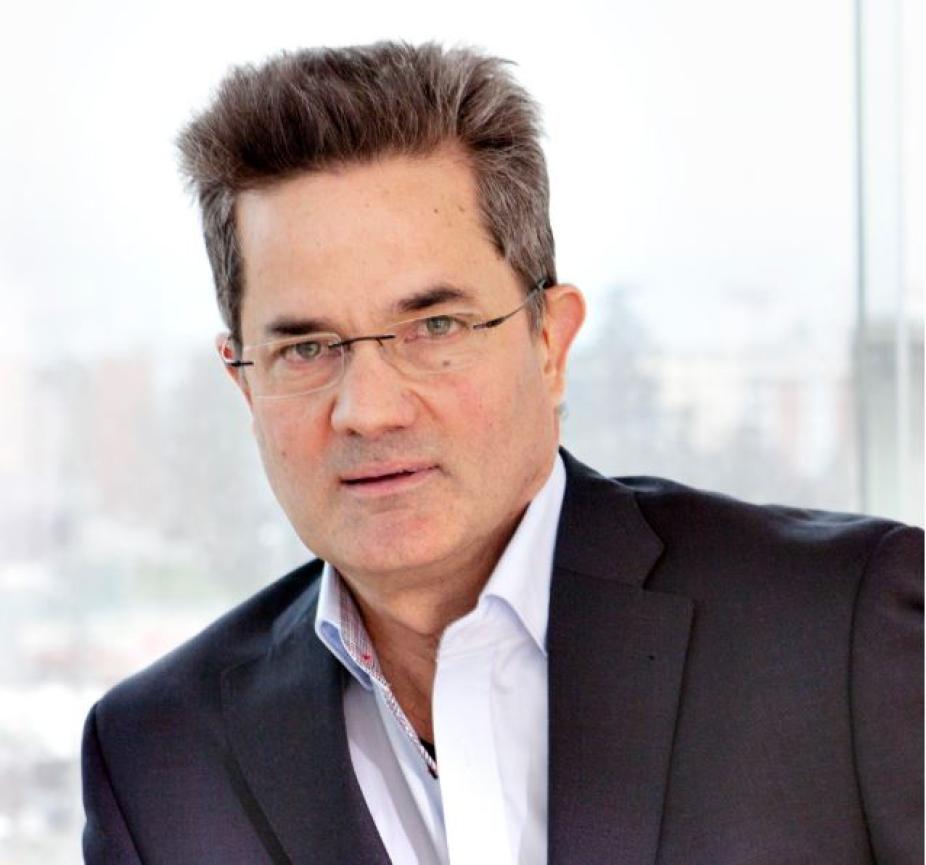
Thomas Schulthess holds a chair for computational physics at ETH Zurich and directs the Swiss National Supercomputing Centre (CSCS) in Lugano since fall of 2008. Here received his PhD in 1994 from ETH Zurich and spent many years at Oak Ridge National Laboratory, where today he holds a Visiting Distinguished Scientists appointment. While his primary research is on computational methods for materials science, as CSCS Director he has taken interest in developing energy efficient computing systems for climate modeling and meteorology. Thomas led the teams that won the ACM Gordon Bell Prizes in 2008 and 2009 with the first production-level applications that sustained a petaflop, and in 2016 along with MeteoSwiss won the Swiss ICT Award for outstanding IT-based projects and services.
A Portable Applications Driven Approach to Scalability on Present and Future Exascale Systems - Martin Berzins
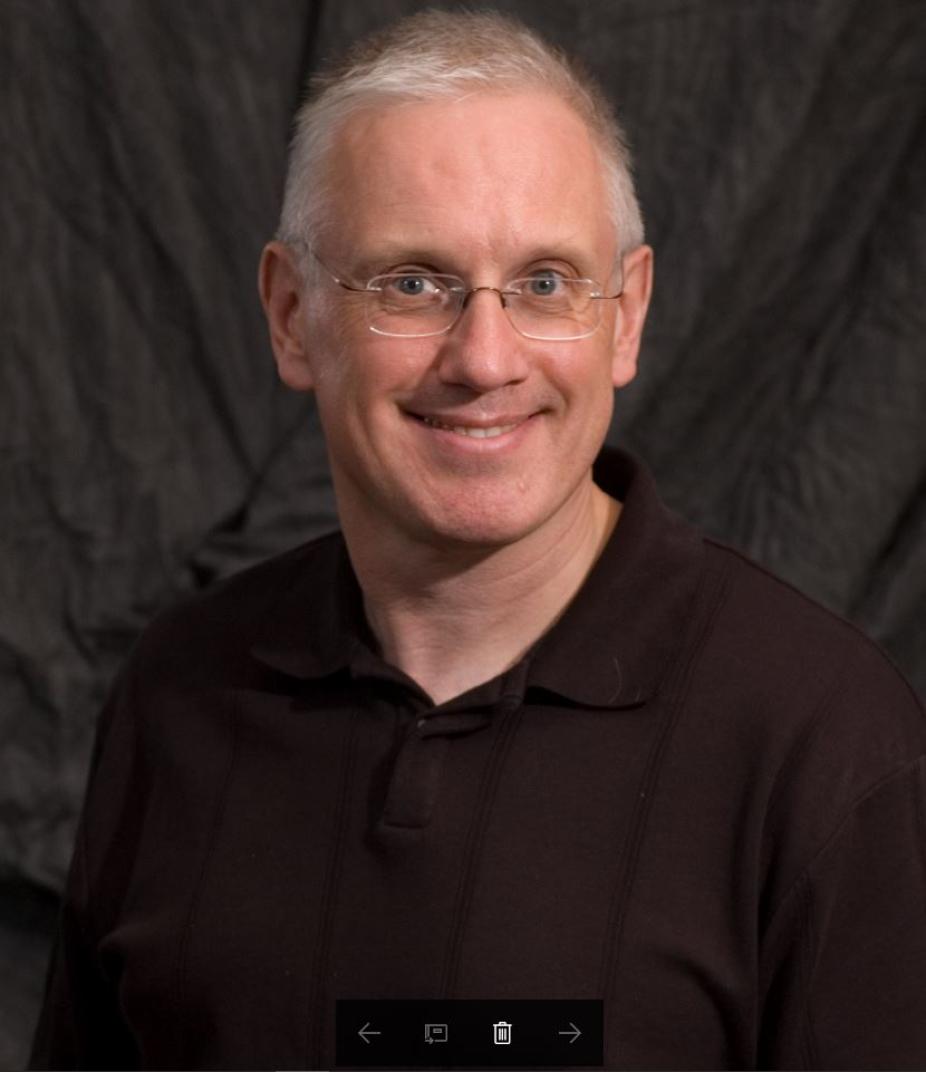
Martin Berzins is a leading computational scientist whose research cuts across applied mathematics, computer science and engineering and focuses on the development of partial differential equations on extreme-scale computers. Dr. Berzins is a Professor of Computer Science in the School of Computing and in the Scientific Computing Imaging Institute and an Adjunct Professor of Mathematics at the University of Utah as well as being a Visiting Professor at the University of Leeds. He co-founded the Computational PDEs unit at Leeds. Dr Berzins is a Fellow of the Institute for Mathematics and Its Applications in the UK and a Chartered Mathematician. In 2013 he became the Computer Science lead in the DOE NNSA PSAAP2 Carbon Capture Multidisciplinary Simulation Center at the University of Utah. Dr Berzins has published close to 200 papers and been involved in eight software packages. The most recent of these, Uintah, has been used in scalable simulations of a number of challenging applications at large scale.
Workshop Program
The workshop will consist of a limited number of presentations by the two invited speakers plus a series of 20-25 minute presentations of selected attendee submissions and a poster session. The link to the workshop program is HERE.
Registration
Registration is open until September 14th or until there are 80 confirmed registrants. To register and submit an abstract, please complete the form by clicking HERE.
We hope to provide travel support of up to $1,500 for a limited number of out-of-town students/early-career presenters. Awards will be based on availabilty of funds and merit of the submission as determined by the program committee. Travel must be arranged through NCAR. Indicate your interest by completing that section on the registration form.
Venue
The workshop will be hosted by the National Center for Atmospheric Research and held in the Mesa Laboratory, 1850 Table Mesa Drive, Boulder, CO 80305, September 18 & 19, 2018.
Hotels
The Courtyard Boulder is the official conference hotel, located at 4710 Pearl East Circle in Boulder. The room block rate is available for the dates of September 17-22, 2018, using this link.
Conference rate is $169/night. Check-in time is 3:00pm, check-out time 12:00pm on departure day.
For reservations, please call (800) 321-2211 and ask for the NCAR MultiCore room block at the Courtyard in Boulder.
Room block rate is available until August 20, 2018.
Transportation to Mesa Laboratory
Out of town guests should plan to arrange their own transportation (rental car, bus, Uber/Lyft, etc.) to the Mesa Laboratory as the UCAR shuttle service is reserved for employees only.
Workshop Program Coordinators:
Jed Brown (U. Colorado): jed.brown@colorado.edu
Ilene Carpenter (Cray Inc.): icarpenter@cray.com
Sunita Chandrasekaran (U. Delaware): schandra@udel.edu
John Dennis (NCAR): dennis@ucar.edu
Bryan Flynt (ESRL): bryan.flynt@noaa.gov
Mark Govett (ESRL): mark.w.govett@noaa.gov
Hans Johansen (LBL): hjohansen@lbl.gov
Richard Loft (NCAR): loft@ucar.edu
Christopher Maynard (UK Met Office): christopher.maynard@
John Michalakes (UCAR/NRL): michalak@ucar.edu
Andreas Mueller (ECMWF): andreas.mueller@ecmwf.int
Workshop Administrators:
Cecilia Banner: banner@ucar.edu
Elizabeth Faircloth: fair@ucar.edu
Code of Conduct
UCAR and NCAR are committed to providing a safe, productive, and welcoming environment for all staff and participants in any conference, workshop, field project or project hosted or managed by UCAR, no matter what role they play. All staff and participants are required to abide by this Code of Conduct. This Code of Conduct is adapted from the one adopted by AGU, complies with the new directive from the National Science Foundation (NSF) and applies to all UCAR related events, including those sponsored by organizations other than UCAR but held in conjunction with UCAR events, in any location throughout the world.
The full Code of Conduct document can be found here.
Sponsored by

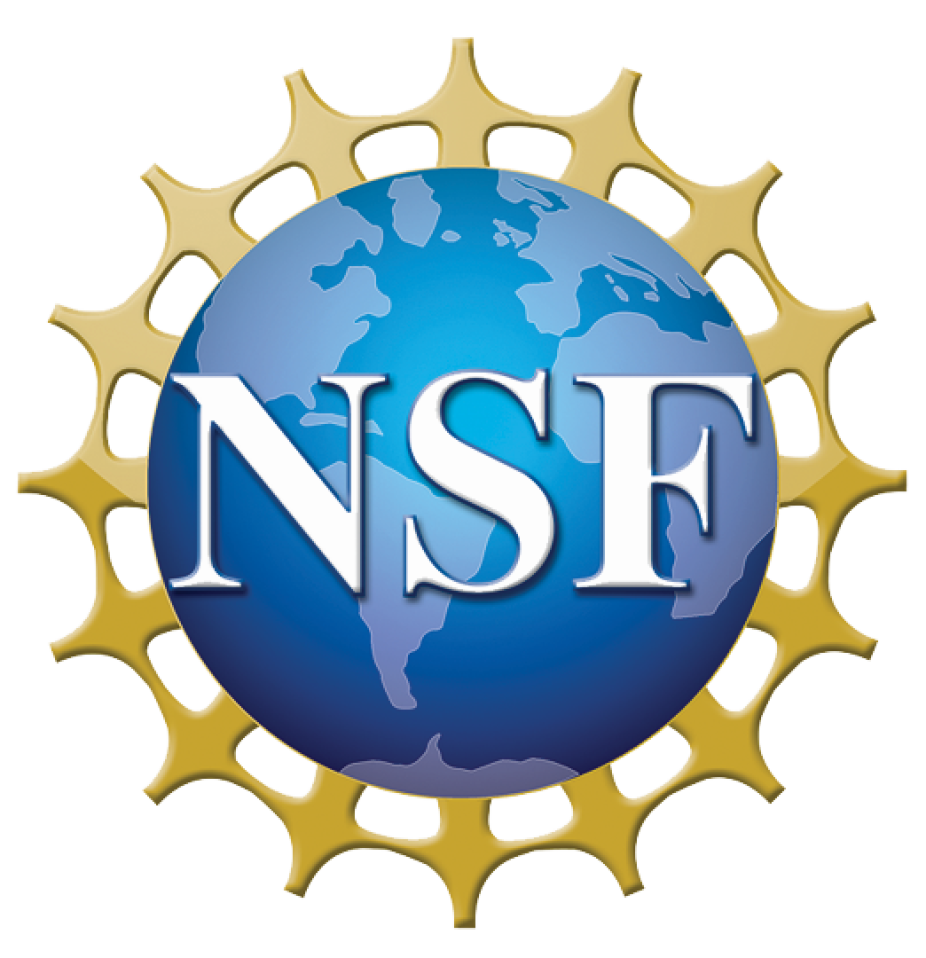
With additional sponsorship by
